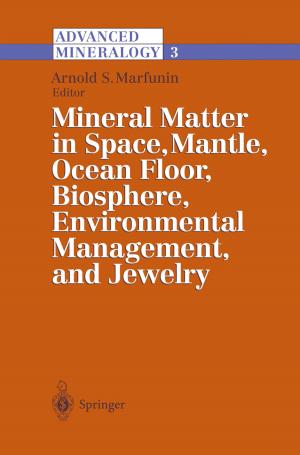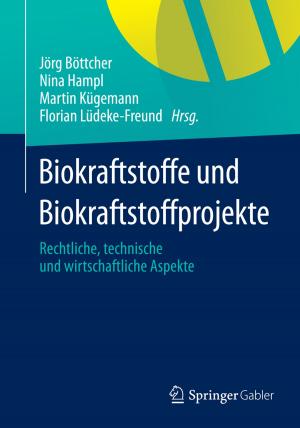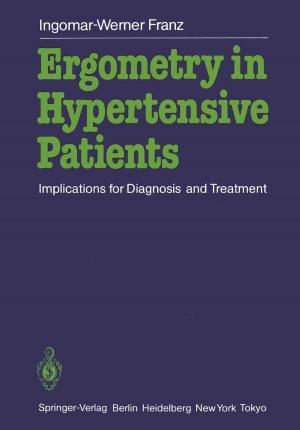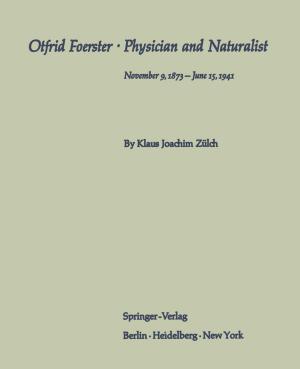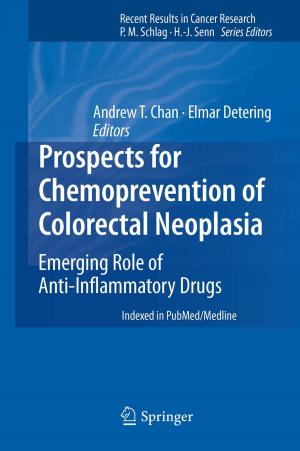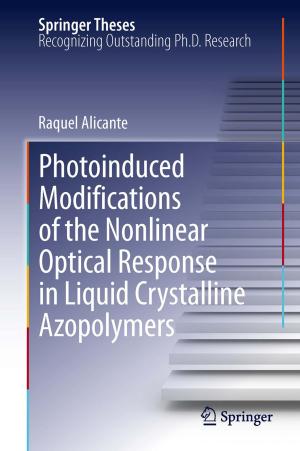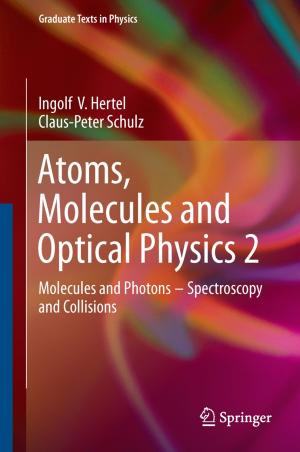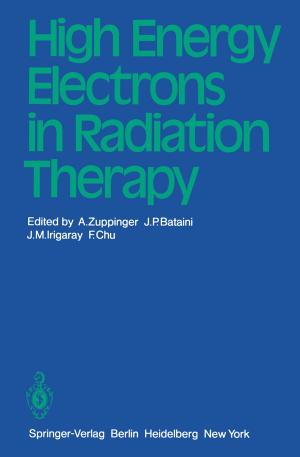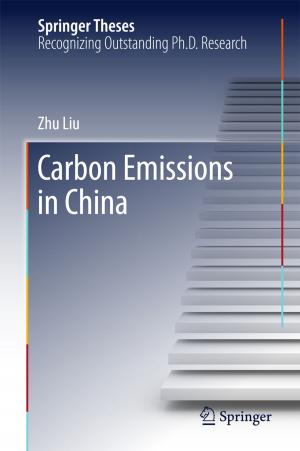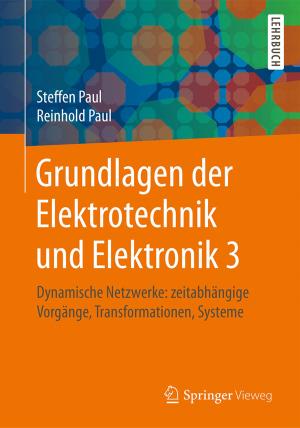PET-CT Beyond FDG
A Quick Guide to Image Interpretation
Nonfiction, Health & Well Being, Medical, Medical Science, Biochemistry, Specialties, Radiology & Nuclear Medicine| Author: | Stefano Fanti, Luigi Mansi, Mohsen Farsad | ISBN: | 9783540939092 |
| Publisher: | Springer Berlin Heidelberg | Publication: | May 10, 2010 |
| Imprint: | Springer | Language: | English |
| Author: | Stefano Fanti, Luigi Mansi, Mohsen Farsad |
| ISBN: | 9783540939092 |
| Publisher: | Springer Berlin Heidelberg |
| Publication: | May 10, 2010 |
| Imprint: | Springer |
| Language: | English |
Although [18F]fluorodeoxyglucose (FDG) generally shows an excellent performance as a cancer-imaging agent when using PET-CT, there are some settings in which other radiopharmaceuticals offer advantages. Such non-FDG tracers are now gaining widespread acceptance not only in research but also in clinical practice. This atlas, including about 500 high-quality images, is a user-friendly guide to PET-CT imaging beyond FDG. A wide range of tracers is covered, such as 18F- and 11C-choline, 11C-methionine, 18F-ethyl-L-tyrosine, 68Ga-DOTA-NOC, 11C-acetate, 11C-thymidine, and 18F-DOPA. Throughout, the emphasis is on image interpretation, with guidance on the recognition of normal, benign, and malignant uptake and clear instruction on learning points and pitfalls. This atlas is designed to serve as a reference text for both nuclear physicians and radiologists, and will also be of great benefit to radiographers, technologists, and nuclear medicine and radiology residents.
Although [18F]fluorodeoxyglucose (FDG) generally shows an excellent performance as a cancer-imaging agent when using PET-CT, there are some settings in which other radiopharmaceuticals offer advantages. Such non-FDG tracers are now gaining widespread acceptance not only in research but also in clinical practice. This atlas, including about 500 high-quality images, is a user-friendly guide to PET-CT imaging beyond FDG. A wide range of tracers is covered, such as 18F- and 11C-choline, 11C-methionine, 18F-ethyl-L-tyrosine, 68Ga-DOTA-NOC, 11C-acetate, 11C-thymidine, and 18F-DOPA. Throughout, the emphasis is on image interpretation, with guidance on the recognition of normal, benign, and malignant uptake and clear instruction on learning points and pitfalls. This atlas is designed to serve as a reference text for both nuclear physicians and radiologists, and will also be of great benefit to radiographers, technologists, and nuclear medicine and radiology residents.

